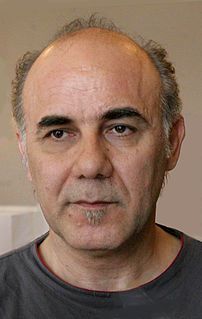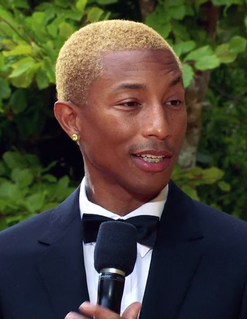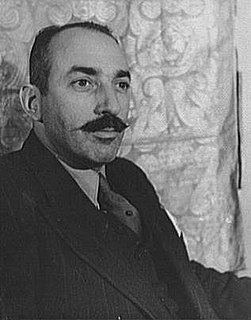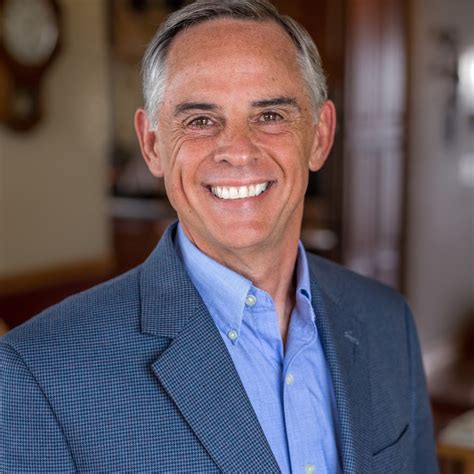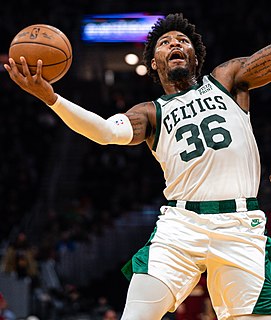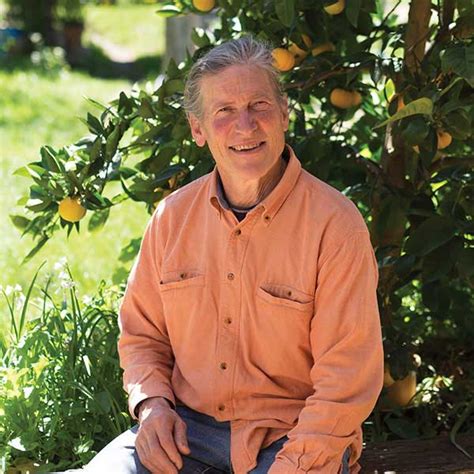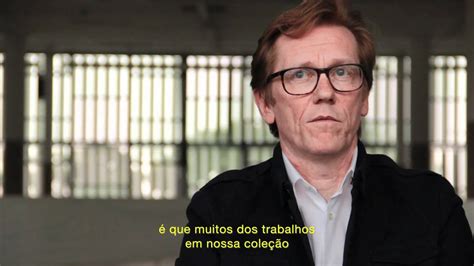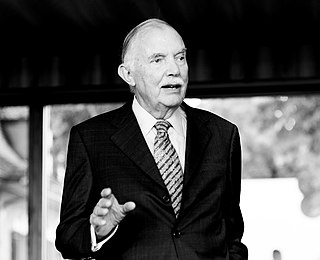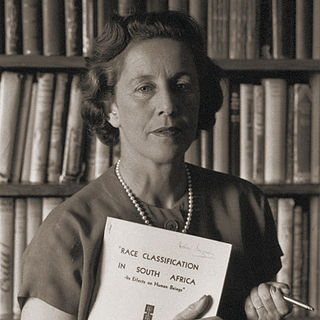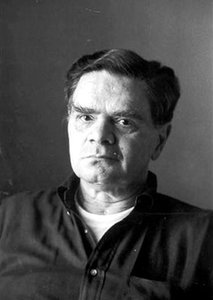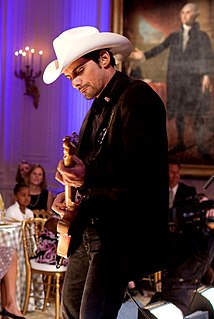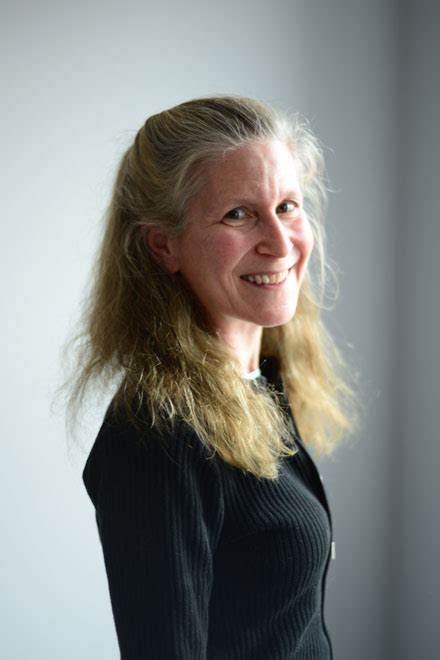Top 1200 Ethical Questions Quotes & Sayings - Page 20
Explore popular Ethical Questions quotes.
Last updated on April 20, 2025.
When we were doing the "Angel Dust" thing we got information from the National Institute of Drug Abuse because we knew that if we went out and said something about angel dust people were going to ask questions about it and we wanted to be sure we had all the information to deal with it when those questions came up. So it's all a question of being as prepared as possible out front, so that if you are going to deal with information it'll be correct. A lot of people won't check it out but some people will.
People who won't sign the taxpayer protection pledge, people who won't sign the property-rights protection pledge, people who won't sign the state-sovereignty pledge, who won't put their beliefs in writing, who won't endorse the Freedom Agenda, we should be asking them some very very hard questions. Very hard questions. Because you know what, they get away with it. We hear what goes on in closed doors in Olympia. We hear them say the opposite of what they say publicly.
Dostoevsky believed that the gods of rationalism and materialist utilitarianism had joined in conspiracy against all other ethical systems. ... The accumulation of capital, or the acquisition of money, are endeavors par excellence which establish a quantifiable goal: hence they are directly amenable to maximization formulae.
Everything we know has its origin in questions. Questions, we might say, are the principal intellectual instruments available to human beings. Then how is it possible that no more than one in one hundred students has ever been exposed to an extended and systematic study of the art and science of question-asking? How come Alan Bloom did not mention this, or E. D. Hirsh, Jr., or so many others who have written books on how to improve our schools? Did they simply fail to notice that the principal intellectual instrument available to human beings is not examined in school?
When I had something I thought God was talking to me about, the first thing I did, before I ever talked to the congregation, was to sit down with the major influencers of the church and share with them what I thought God was speaking to me. I gave them time for input or questions. Many times they would ask questions and I would reply, "I need to spend more time on this. I'm not sure I'm thinking clearly there." Other times they added value and helped make this vision better or more accessible to the people.
There is nothing divine about morality; it is a purely human affair. If people are good only because they fear punishment, and hope for reward, then we are a sorry lot indeed. What the individual can do is to give a fine example, and to have the courage to uphold ethical values .. in a society of cynics.
The feminization of America has made emotions sacrosanct while condemning as cold and unfeeling rigorous concepts such as duty andhonor. Propelled by incessant hosannas to woman's "finer" this and "softer" that, we make emotional decisions instead of ethical ones and then congratulate ourselves for having "heart.
Artists have their existential questions as human beings, and they address these questions in their works. But they are also thinking in a broader sense when they participate in a social and political debate through their works. Often the most important voices of artists in the political and the social debate are focused on originality in their works. We can see this in historical pieces, like "Guernica" by Picasso. "Guernica" was an extremely important manifestation and critique against war, but it was important and powerful because it was also an incredibly original and powerful work of art.
Why do leaders fail? Isolation and inability to learn. They are afraid to express doubt, admit vulnerability or seek advice from subordinates. Leaders must actively work to seek feedback and a reality check. They must be open to asking questions and framing issues. As the world becomes more complex and global, the risk of isolation becomes greater. The need for leaders to be open to learning becomes greater. Great leaders will need to ask the right questions and balance inquiry with advocacy.
What truth? You see where truth is, and where untruth is, but I seem to have lost my sight and see nothing. You boldly settle all important questions, but tell me, dear, isn't it because you're young, because you haven't had time to suffer till you settled a single one of your questions? You boldly look forward, isn't it because you cannot foresee or expect anything terrible, because so far life has been hidden from your young eyes? You are bolder, more honest, deeper than we are, but think only, be just a little magnanimous, and have mercy on me.
To assert that the universe has a purpose implies the universe has intent. And intent implies a desired outcome. But who would do the desiring? And what would a desired outcome be? That carbon-based life is inevitable? Or that sentient primates are life's neurological pinnacle? Are answers to these questions even possible without expressing a profound bias of human sentiment? Of course humans were not around to ask these questions for 99.9999% of cosmic history. So if the purpose of the universe was to create humans then the cosmos was embarrassingly inefficient about it.
Every year I write a tax advice column and I used to always make fun of that. One year, one of my favorite IRS commissioners, I think his name was Roscoe somebody, wrote that one of the most often-asked questions by taxpayers was, "How can I contribute more?" Well, I tell ya, ol' Roscoe's really been doing situps under parked cars again. I've heard a lot of people ask a lot of questions about taxes, but I never heard anybody say, "How can I, the ordinary person, send more money for no reason?"
When Zionism becomes co-extensive with Jewishness, Jewishness is pitted against the diversity that defines democracy, and if I may say so, betrays one of the most important ethical dimensions of the diasporic Jewish tradition: namely, the obligation of co-habitation with those different from ourselves.
Corporate social responsibility is measured in terms of businesses improving conditions for their employees, shareholders, communities, and environment. But moral responsibility goes further, reflecting the need for corporations to address fundamental ethical issues such as inclusion, dignity, and equality.
In order to align your life choices with your values, you will need to inquire about the effects of your actions (and inactions) on yourself and others. Although we are always stumbling upon new knowledge that shifts our choices and life direction, bringing conscious inquiry to life means that we continually ask questions that lead us to the information we need to make thoughtful decisions. Asking questions is liberating because we develop great understanding and discover more choices with our new knowledge





